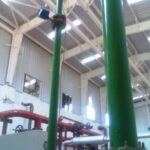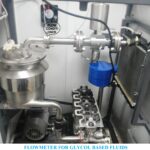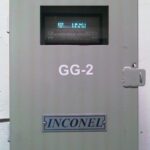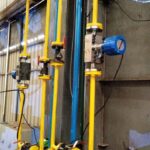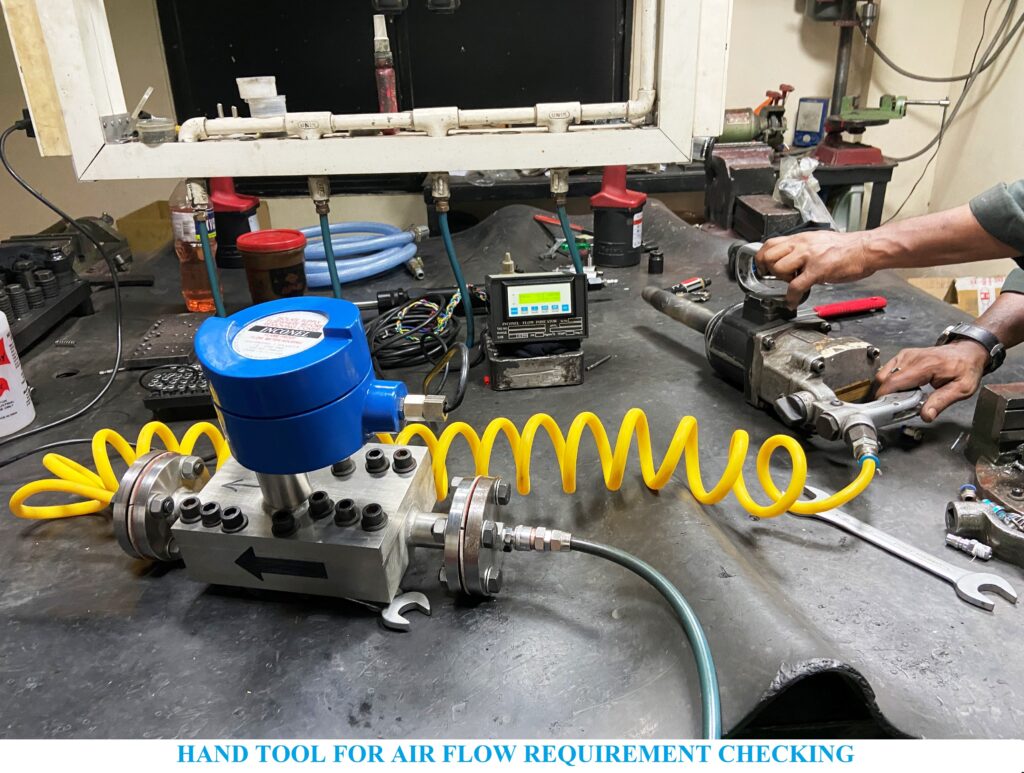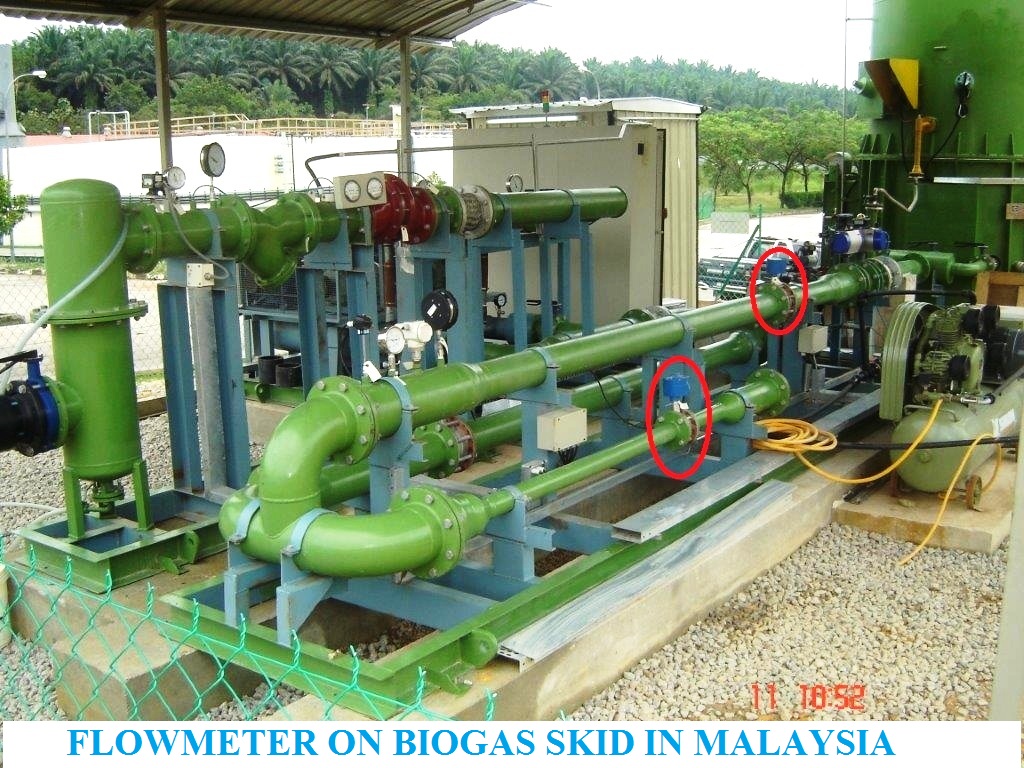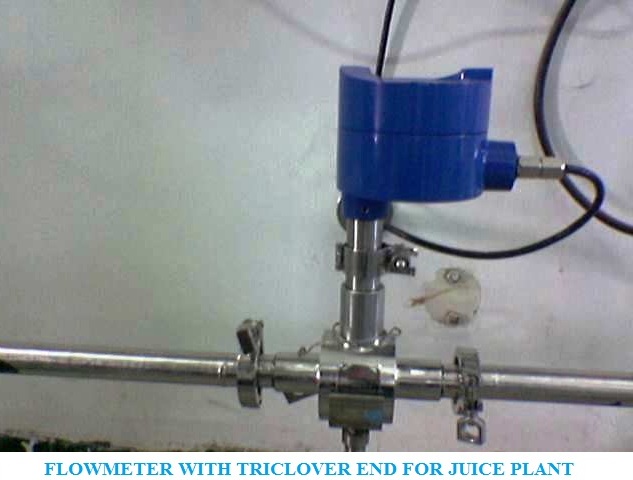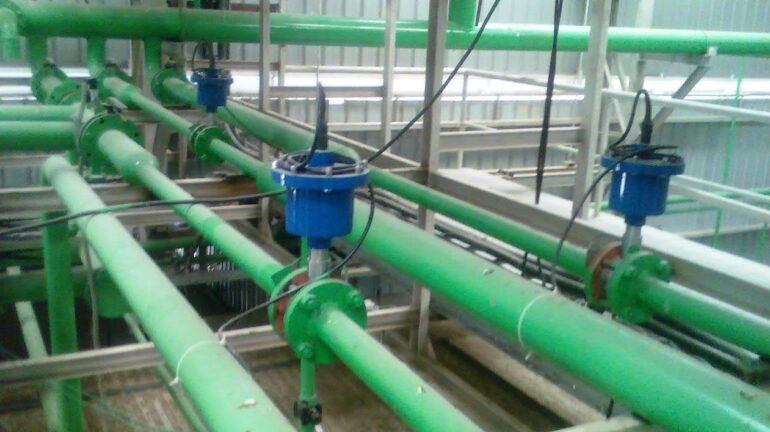
The industrial landscape is undergoing a metamorphosis driven by Industry 4.0. This new era of intelligent manufacturing hinges on real-time data, interconnected systems, and automation. In this intricate web, where data is the lifeblood, accurate flow measurement plays a pivotal role. This is where digital flowmeters emerge as the unsung heroes of Industry 4.0.
“The Fourth Industrial Revolution is still in its nascent state. But with the swift pace of change and disruption to business and society, the time to join in is now.”
Gary Coleman, Deloitte Consulting
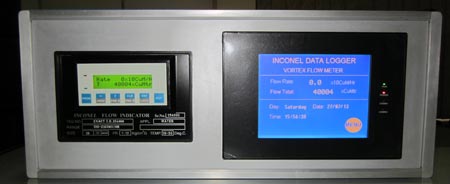
Beyond Measurement: The Power of Digital Flowmeters
Traditional flowmeters, while valuable, provide basic data points. Digital flowmeters, however, elevate flow measurement to a strategic level. Here’s how:
Richer Data for Smarter Decisions: Digital flowmeters capture a wider range of data points beyond just flow rate. They can measure pressure, temperature, and even fluid properties, providing a holistic view of your processes.
Real-Time Insights: Unlike traditional meters with delayed readings, digital flowmeters deliver real-time data. This empowers you to make critical adjustments on the fly, optimizing production and minimizing waste.
Enhanced Connectivity: Digital flowmeters seamlessly integrate with Industrial IoT (IIoT) frameworks. This allows for data transmission and analysis in real-time, facilitating centralized monitoring and remote control.
Predictive Maintenance: By continuously analyzing flow data, digital flowmeters can identify potential issues like equipment wear or blockages before they escalate. This enables proactive maintenance, preventing costly downtime and extending equipment lifespan.
Improved Efficiency and Sustainability: With precise flow data, businesses can optimize resource consumption, minimizing waste and environmental impact. This aligns perfectly with Industry 4.0’s focus on sustainable practices.
Examples of Digital Flowmeters in Action
Across diverse industries, digital flowmeters are transforming operations:
Chemical Processing:
Precise monitoring of fluid flow ensures consistent product quality and efficient use of raw materials.
Oil & Gas:
Real-time flow data optimizes production processes, pipeline transportation, and leak detection.
Water Management:
Digital flowmeters enable accurate water usage measurement, facilitating responsible water allocation and conservation efforts.
Food & Beverage Production:
Precise flow control ensures consistent product quality, minimizes waste, and optimizes energy consumption.
The Road to a Data-Driven Future
Digital flowmeters are not just about measuring flow; they are the cornerstone of data acquisition in Industry 4.0. By integrating seamlessly with intelligent systems, they pave the way for:
-
Advanced Process Optimization:
Data-driven insights from flowmeters can be used to fine-tune processes, leading to significant efficiency gains. -
Self-Optimizing Systems:
Machine learning algorithms can analyze flow data and autonomously adjust parameters for optimal performance. -
Predictive Analytics:
By analyzing historical and real-time flow data, businesses can predict future trends and potential issues, enabling proactive decision-making.
Frequently Asked Questions (FAQs)
1. What is a digital flowmeter?
A digital flowmeter is a device. It measures the rate of liquid or gas flow. It then converts this measurement into a digital signal. This allows for precise, real-time data collection. It is a critical component in many industrial processes.
2. How are digital flowmeters different from traditional ones?
Traditional flowmeters are purely mechanical. They require manual reading. A digital flowmeter captures data automatically. It can send that information directly to your computer. This removes human error and saves time.
3. How do they contribute to Industry 4.0 goals?
They are essential for connectivity. Digital flowmeters provide the real-time data needed for automation. The data can be analyzed to optimize processes. This enables smart decision-making. It also helps to predict maintenance needs.
4. What are the key benefits of real-time flow data?
Real-time data offers huge advantages. You can monitor efficiency instantly. This helps you to detect leaks or issues right away. It also improves product quality. The data provides a clear record for compliance.
5. Are digital flowmeters compatible with my existing systems?
Most modern digital flowmeters are designed for integration. They often use standard communication protocols. Examples include Modbus and Ethernet/IP. This makes them easy to add to a new or old plant.
Conclusion: Embrace the Digital Flow of Industry 4.0
In the dynamic landscape of Industry 4.0, digital flowmeters are not just measuring tools; they are gateways to a data-driven future. By incorporating these intelligent devices into your operations, you unlock a world of possibilities, from enhanced efficiency and sustainability to predictive maintenance and self-optimizing systems. As Industry 4.0 continues to evolve, digital flowmeters will undoubtedly remain at the forefront, ensuring the smooth flow of data and success in this intelligent industrial era.
The Future is in the Flow
The path to a smarter factory is paved with data. Digital flowmeters are not just tools. They are the eyes and ears of your process. They provide the insights you need to truly thrive. This is a key step in any digital transformation.
Consider your plant’s most critical fluid process. What would you do if you had perfect, real-time data from a digital flowmeter? How would that change your operations?
Share your vision for the future in the comments. Let’s explore the endless possibilities of Industry 4.0 together.
#DigitalFlowmeter, #Industry40, #FlowMeasurement, #IIoT, #SmartManufacturing, #Automation, #FactoryAutomation, #IndustrialIoT, #ProcessControl, #ManufacturingTech

